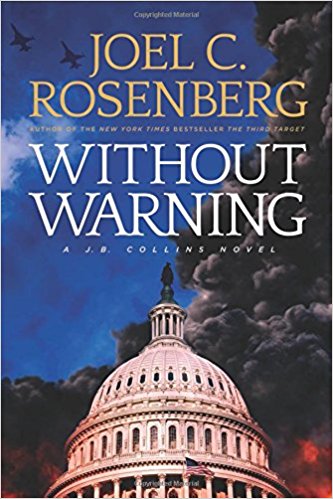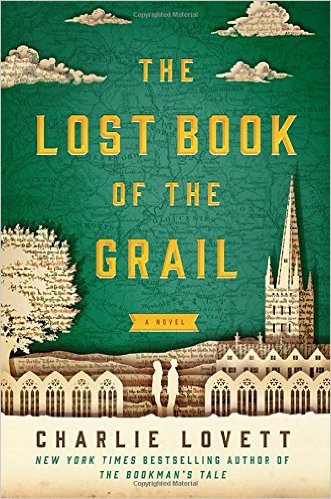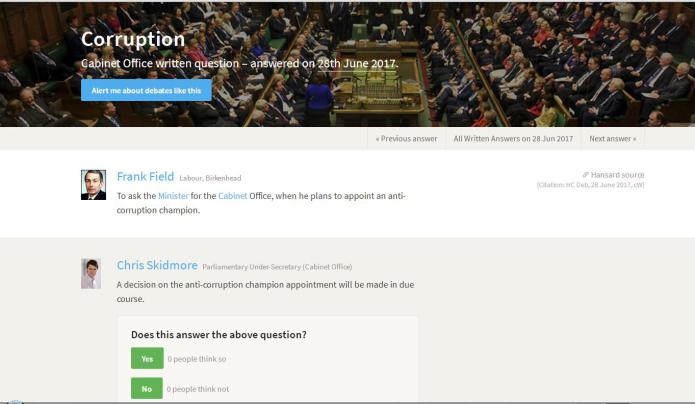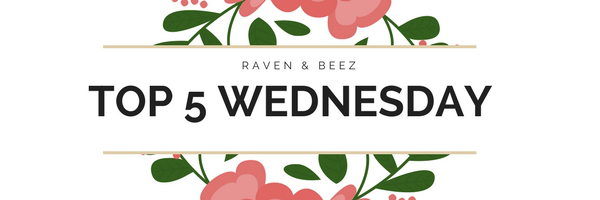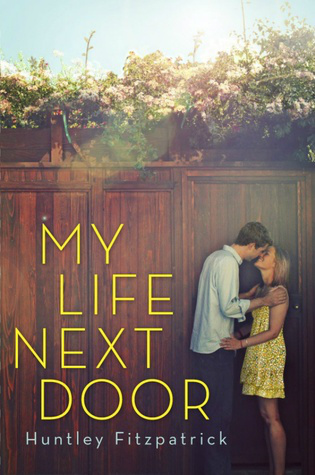
At work we’ve been thinking of ways to promote ‘crossover’ titles between the teenage and adult sections, having recently made a display space for this purpose. It’s something that interests me a lot, each person’s reading path, and I love suggesting something to a customer when they ask for some advice or direction (especially if they reveal themselves to be pro-SFF, whereupon I get disturbingly excited …). So, we decided to try a fairly simply (definitely been done before) “If you love … then you’ll love this!” thing, with our first theme being “Super Awesome Female Leads”. And so that it doesn’t just become a heap of our favourite books, I took a look online for suggestions and, among others, found a post by Scott Walker usefully entitled “Your Favourite Female Lead Characters in Fantasy Novels”, where I was both pleased and surprised to see Paama listed – the heroine in Redemption in Indigo, which I had just finished reading.
I picked up Redemption in Indigo to satisfy another of my Book Bingo categories (which I am getting a little obsessed about), one that I knew I’d find difficult – read a book recommended by a blogger. I’m not sure I can properly explain why this was going to be such a challenge, but I was super pleased that the completely-and-utterly-awesome Dina of SFF Book Review had just written a three-part post on her favourite diverse authors, all of whom are now on my to read list. The library has very few of the authors Dina writes about in stock (which is deeply frustrating), but Karen Lord was one of them, and I liked Redemption in Indigo because the title sounded like a poem and the cover was lovely.
And that’s how I got to here.
Karen Lord has written a brief but beautiful fairy-tale retelling of a Senegalese folktale. It’s a story that has a lot to say about storytelling and about human nature, with a cast of well-realised characters and set in a world where the walls between the everyday and the spirit realms are thin. For such a short book there is loads packed in, particularly some very cool magic I’d love to see more of, the undying djombi, who manifest as giant talking spiders (Yes!), men with indigo skin, talking insects or little girls as the mood takes them, and a wonderfully idiosyncratic narrator who throws in comment and opinion both about the story and about storytelling as the novel progresses. Ultimately it’s a story in which every character, human or otherworldly, is flawed in some way. It’s a story full of the mistakes and corrections and forgivenesses that make up any life. And while the magic in the story is big – beyond-space-and-time big – because the story is a human story, so too is that magic played out on a human scale.
Some books have a shape to them that you can sense going in, or after a few chapters. There are rhythms and patterns to stories that no doubt has a lot to do with the traditions that informed them. One of the things I really enjoyed about Redemption in Indigo is that I couldn’t see the shape of it. I had no idea what was coming next and was happy to just get swept up into it for a delightful few hours. Looking back on it now, it was a book of two parts, the first half having a very distinct shape compared to the second half of the story. This is not a criticism (as I’m sure I must have said before I will not do that). It gave the story a lovely organic feel, the feel of a story being told here and now, rather than having been written with all the shaping and editing that that entails.
So, I really enjoyed the book. And I loved Paama. But I’ve been trying to understand why I was surprised to see her on the list of favourite female leads in fantasy. And why I didn’t immediately add her to my own list of super awesome female leads for our display. Paama is an ordinary person who gets caught up in extraordinary affairs. Something I love. She is a woman who gets sick of her ridiculous husband, and so leaves him. Something I applaud. She is someone who can keep her head, make decisions and stay strong and sensible. Something I aspire to. In fantasy she is an anomaly … and I think this is the reason I didn’t think of her. At no point does she fight, or wield a weapon; she doesn’t have an inheritance or destiny to live up to; she does not feel herself different, apart or ‘other’. Paama is, in fact, the most awesome female character I have yet read. And this is proved conclusively when she goes back to Ansige when he is ill. She chooses when and if she will return to her no-good husband, and she does so out of compassion. Ansige doesn’t grow or learn from her return, but she still does it. She does the right thing. She doesn’t rely on magic or destiny or any kind of divine agency at any point, she just makes decisions and sees them through.
Paama. Is. Kickass. It’s a flaw in me that I didn’t see this immediately.
Advertisements Share this: